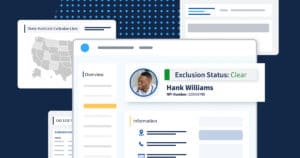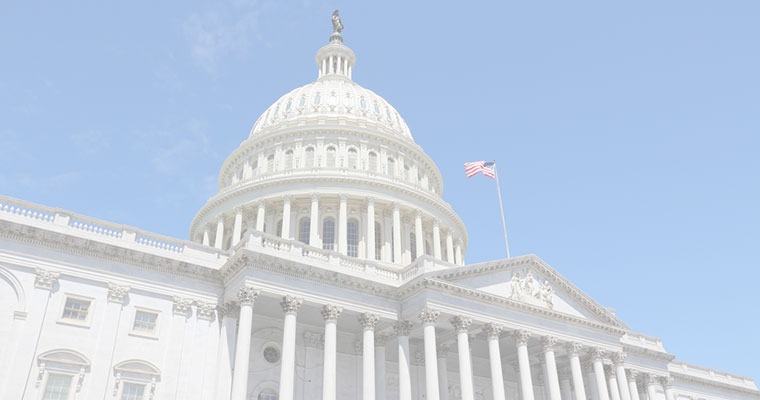The release of the HHS OIG Fall 2019 Semiannual Report to Congress marks the first time that new Acting Inspector General, Joanne M. Chiedi submitted the report following Daniel Levinson’s resignation after 15 years of holding his position. For this post, we’ll take a look at some of the highlights from the report and areas of interest for federal healthcare programs moving forward.
A Message from Joanne M. Chiedi
Acting HHS OIG Acting Inspector General, Joanne M. Chiedi submitted the Semiannual Report to Congress summarizing the activities of the Department of Health and Human Services (HHS) Office of Inspector General (OIG) for the 6-month period ending on September 30, 2019.
According to Chiedi, “OIG continued to produce outstanding results for the American people through independent, objective oversight. OIG’s work safeguarded taxpayer funds and helped improve the quality, safety, and value of HHS programs.”
Some of the most memorable events from this year in regards to protecting the integrity of federal healthcare programs and fighting healthcare fraud, waste, and abuse (FWA) include the following:
Major Genetic Testing Fraud Scheme Investigation
Fraudulent Telemedicine Companies for Medically Unnecessary Billing
2019 Vulnerabilities in Hospice Care Reports
2019 Appalachian Region Opioid Takedown
“OIG is ready to address complex, fast-moving changes in health and human services programs with consistent, assertive, objective, and fearless oversight. With an eye on the future and a steady focus on the people served by HHS, OIG will continue to be resolute in catching and holding accountable perpetrators of fraud, identifying misspent funds, and making systemic recommendations to promote the economy, efficiency, and effectiveness of the nation’s health and human services programs.”
– Joanne M. Chiedi
Joanne Chiedi Addresses the 2019 HCCA Compliance Institute
HHS OIG Semiannual Report to Congress
What is the HHS OIG Semiannual Report to Congress?
The OIG Semiannual Report to Congress describes OIG’s work on identifying significant problems, abuses, deficiencies, remedies, and investigative outcomes relating to the administration of HHS programs and operations that were disclosed during the reporting period. In the report, OIG publishes expected recoveries, criminal and civil actions, and other statistics as a result of their work for the semiannual reporting period.
The HHS Office of Inspector General (OIG) has released its latest version of the 2019 Fall Semiannual Report to Congress to summarize OIG activities from April 1, 2019, to September 30, 2019. To reference previous archived reports, check here – OIG Semiannual Reports Archive. Below, you will find some of the highlights, focus areas, results, and more from HHS OIG during the reporting period.
HHS OIG Work Plan
Each month, OIG releases their Work Plan updates to inform the public about the projects they are taking on during the year including auditing, reporting, and investigating HHS operating divisions, including the following:
- Centers for Medicare & Medicaid Services (CMS)
- Public health agencies such as the Centers for Disease Control and Prevention (CDC)
- National Institutes of Health (NIH)
- Administration for Children and Families (ACF)
- Administration for Community Living (ACL)
- Various state and local governments – evaluating the use of federal funds as well as the administration of HHS.
*Some of the projects described in the Work Plan are statutorily required.
HHS OIG 2019 Accomplishments and Excluded Individuals and Entities
HHS OIG has reported that taxpayers could see nearly $5.9 billion in misspent Medicare, Medicaid, and other program dollars returned to the government.
Investigative receivables include expected recoveries from criminal actions, civil and administrative settlements, civil judgments, and administrative actions by OIG. This year, HHS OIG has excluded 2,640 individuals and entities and identified 809 individuals or entities that engaged in crimes against HHS programs.
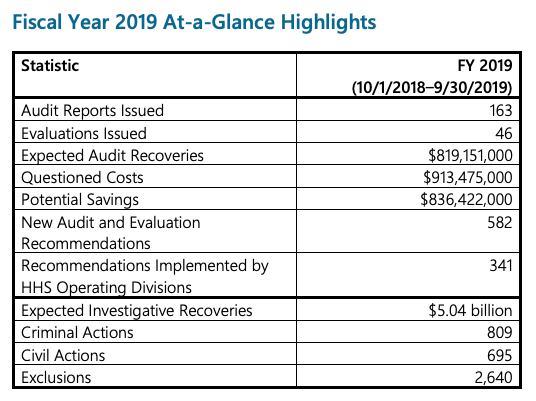
HHS OIG Priority Areas for 2019
Preventing Opioid Misuse and Promoting Access to Treatment
This year, HHS OIG has made a coordinated effort to hold the healthcare community accountable for opioid misuse, fraudulent activity, and neglectful behavior while also supporting access to treatment. Prescribers and opioid producers will have to account for contributions to the national opioid epidemic and are under careful watch, given then continued use of OIG data analytics, investigations, evaluations, audits, reports, and more.
Medical Doctor’s License Suspended for 5 Overdose Deaths in One Year
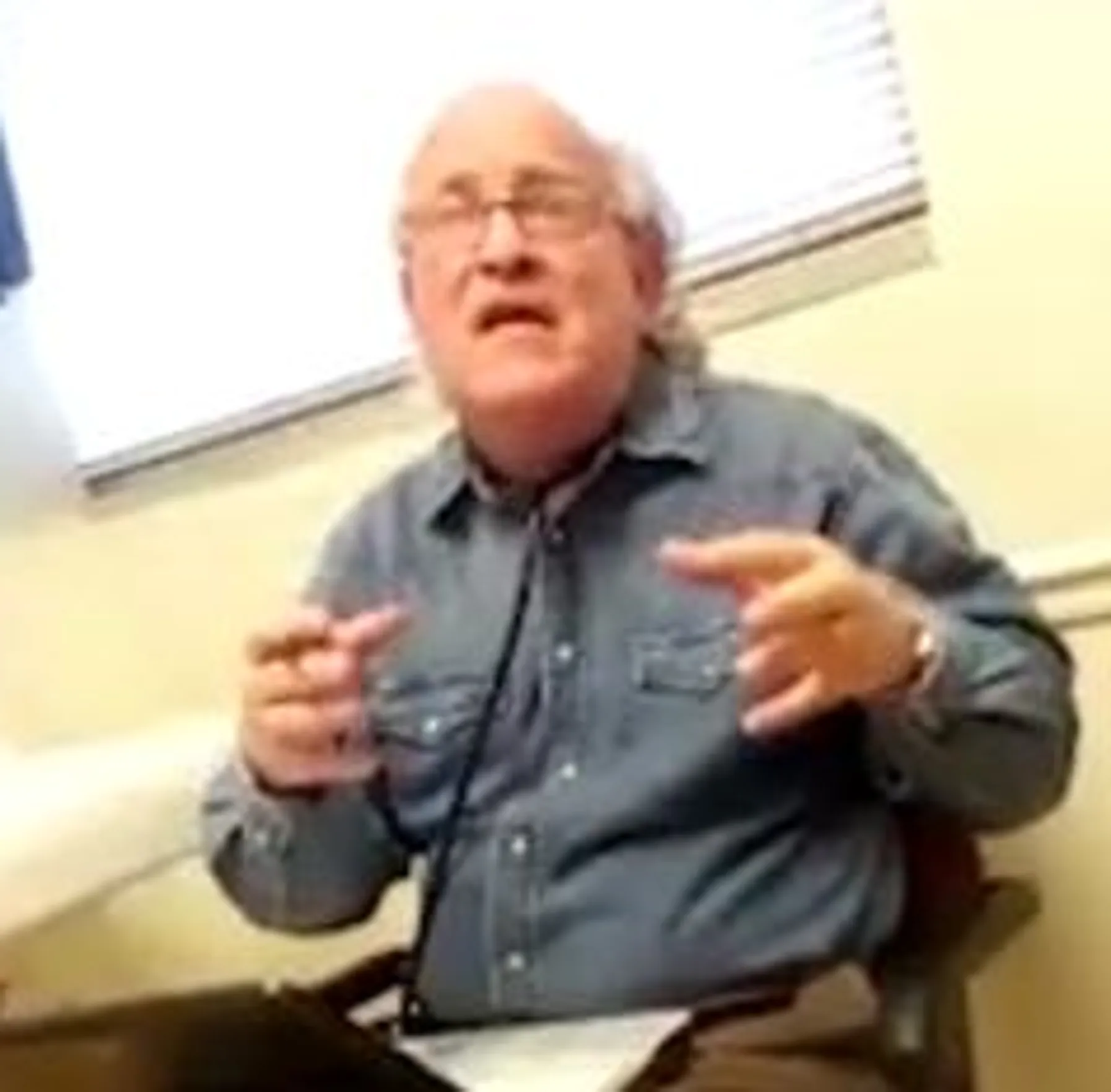
After 5 deadly overdoses in one year and a suspended license, former Tennessee doctor, Darrel R. Rinehart M.D began practicing in Indiana until he recently pleaded guilty to unlawfully distributing controlled substances in middle Tennessee.
Unfortunately, this is a tragic example of how a provider was found to be improperly prescribing drugs, being disciplined by a state medical board, but still obtaining a license in another. Since Rinehart’s license was not revoked in Tennessee, it made it easier for him to obtain a license to practice in Indiana.
Shockingly, this type of occurrence can happen often when trying to screen for healthcare sanctions and exclusions nationwide. Because each state medical board releases data and provider disciplinary information differently and on multiple timeframes, health systems and healthcare providers have trouble identifying risk and bad actors solely on their credentials.
ProviderTrust protects healthcare organizations, health plans, and patients with an active sanction screening process for completing provider profiles with a full history of any disciplinary and administrative actions.
Fighting Fraud To Protect the Medicare and Medicaid Programs
Medicare and Medicaid are among the largest federal programs in the United States, both in terms of expenditures and individuals served. One in five Americans (approximately 73 million people) receive care through Medicaid at a cost of $560 billion per year.
In 2019, OIG’s efforts helped to promote and secure the integrity of federal healthcare programs and provide safe care for all beneficiaries.
Protecting Beneficiaries From Abuse, Neglect, and Unsafe Conditions
Protecting individuals served by HHS programs from abuse, neglect, and unsafe conditions are central to OIG’s mission. Oversight work to ensure safety and well-being is particularly important for facilities and home-based programs that care for the elderly, the terminally ill, and other vulnerable populations.
Cited below are a few ways that OIG’s work protected beneficiaries from abuse, neglect, and unsafe conditions.
Promoting Access to High-Quality Care
HHS programs provide critical health and human services to vulnerable populations in many different settings. Therefore, HHS must ensure that the individuals in HHS programs have access to and receive high-quality care and services.
ProviderTrust Aims to Make Healthcare Smarter and Safer
A recent Johns Hopkins Bloomberg School of Public Health study described how patients of Medicare providers committing fraud and abuse are more likely to be disabled or have low income. Our team is dedicated to assisting healthcare organizations to keep patients safe and improve the value of care with our automated solutions.
We work with a wide variety of customers from small independent health centers to large national health plans to ensure federally funded compliance standards are met, and that the best healthcare is being delivered safely.
The ProviderTrust difference is in our data. We deliver the best quality healthcare data with advanced sorting algorithms to filter out the most important information from government databases, registries, accreditations, licensing boards, and more.
We then augment your data with unique identifiers to find exact-matches, saving you time and mitigating the risk of fraud, waste, and abuse (FWA).
Say hello to smarter healthcare monitoring.
Check out our latest resources!
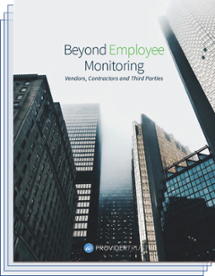

Written by Michael Rosen, Esq.
Michael brings over 20 years of experience founding and leading risk mitigation businesses, receiving numerous accolades such as Inc. Magazine’s Inc. 500 Award and Nashville Chamber of Commerce Small Business of the Year.

